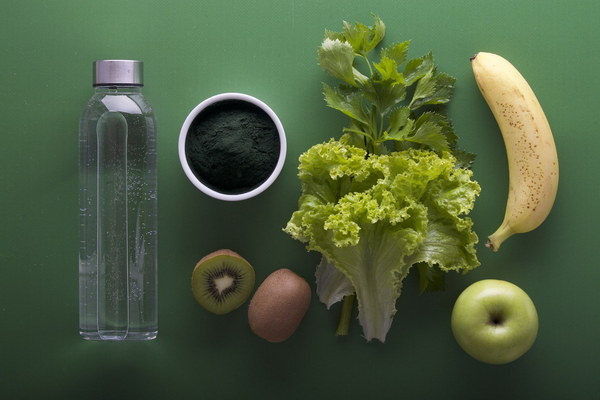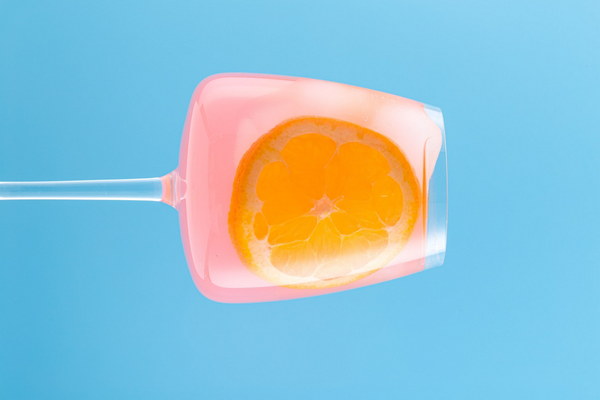Is Nourishing the Kidneys or Tonifying Them the Better Approach to Enhance Health
In the realm of traditional Chinese medicine, the concept of maintaining or rejuvenating the kidneys has been a cornerstone of health and longevity. The debate between nourishing the kidneys and tonifying the kidneys has sparked much discussion among practitioners and enthusiasts. But which approach is truly superior? This article delves into the nuances of both methods, providing insights into their differences and potential benefits.
Firstly, let's define the terms. Nourishing the kidneys refers to a holistic approach that focuses on balancing the body's internal environment to support kidney health. This includes dietary adjustments, lifestyle changes, and herbal remedies. On the other hand, tonifying the kidneys is a more targeted approach that aims to strengthen and fortify the kidneys, often using specific herbs and supplements.
The primary difference between the two methods lies in their focus. Nourishing the kidneys is more about preventing kidney issues by addressing the root causes of imbalances, while tonifying the kidneys is about enhancing kidney function and vitality. Both methods can be effective, but the choice depends on the individual's specific needs.

When considering nourishing the kidneys, the emphasis is on balancing the body's Yin and Yang. Kidneys are considered the root of vitality in Chinese medicine, and maintaining a harmonious balance is crucial. A diet rich in essential nutrients, such as fruits, vegetables, whole grains, lean proteins, and healthy fats, can help support kidney health. Additionally, incorporating kidney-nourishing foods like walnuts, black beans, and goji berries can provide essential nutrients and antioxidants to keep the kidneys functioning optimally.
Lifestyle changes are also essential in nourishing the kidneys. Adequate sleep, stress management, and regular exercise can help maintain kidney health. Stress can lead to an imbalance in Yin and Yang, which may weaken the kidneys over time. Therefore, finding healthy ways to cope with stress is crucial.
In contrast, tonifying the kidneys focuses on strengthening the kidneys' functional capacity. This approach is often used when individuals experience symptoms of kidney weakness, such as fatigue, low back pain, or sexual dysfunction. Tonifying herbs, such as Epimedium, Cuscuta, and Codonopsis, are commonly used to enhance kidney energy and improve overall vitality.
It's important to note that tonifying the kidneys is not a quick fix; it requires consistent use and may take several weeks or months to see significant improvements. Additionally, it's essential to consult a healthcare professional before starting any new treatment, especially when using herbal remedies.
Ultimately, the better approach between nourishing and tonifying the kidneys depends on the individual's specific circumstances. For those looking to maintain kidney health and prevent future issues, nourishing the kidneys may be the way to go. However, for those experiencing symptoms of kidney weakness or seeking to enhance their overall vitality, tonifying the kidneys might be the more suitable option.
In conclusion, both nourishing and tonifying the kidneys have their merits, and the best approach depends on individual needs. By understanding the differences between these methods, one can make informed decisions about their health and well-being. Whether you choose to nourish or tonify, the key is to adopt a holistic approach that supports kidney health and promotes overall balance in the body.









